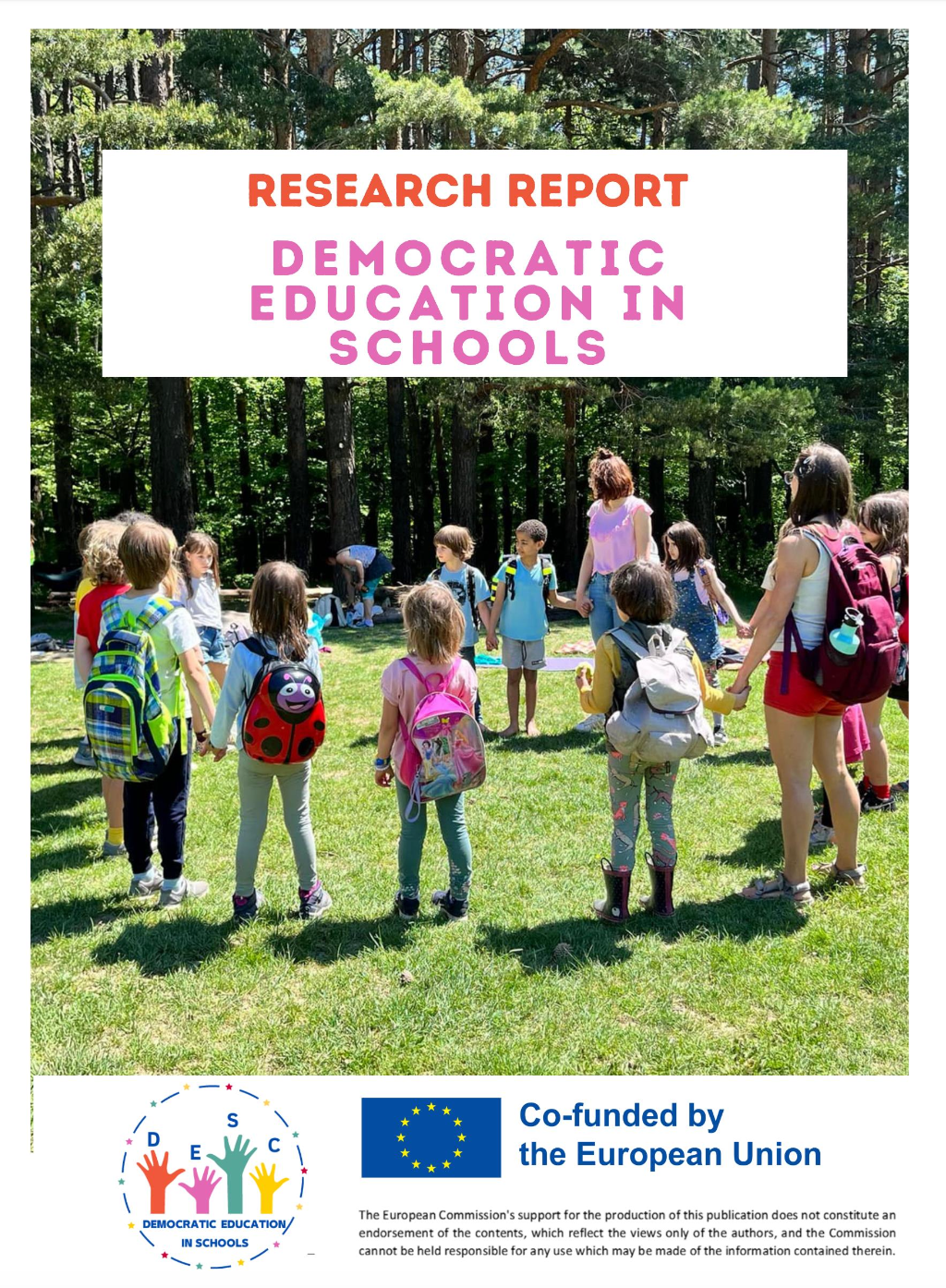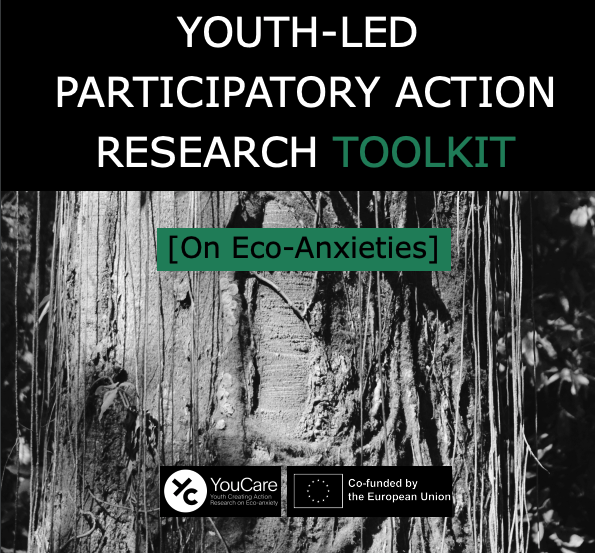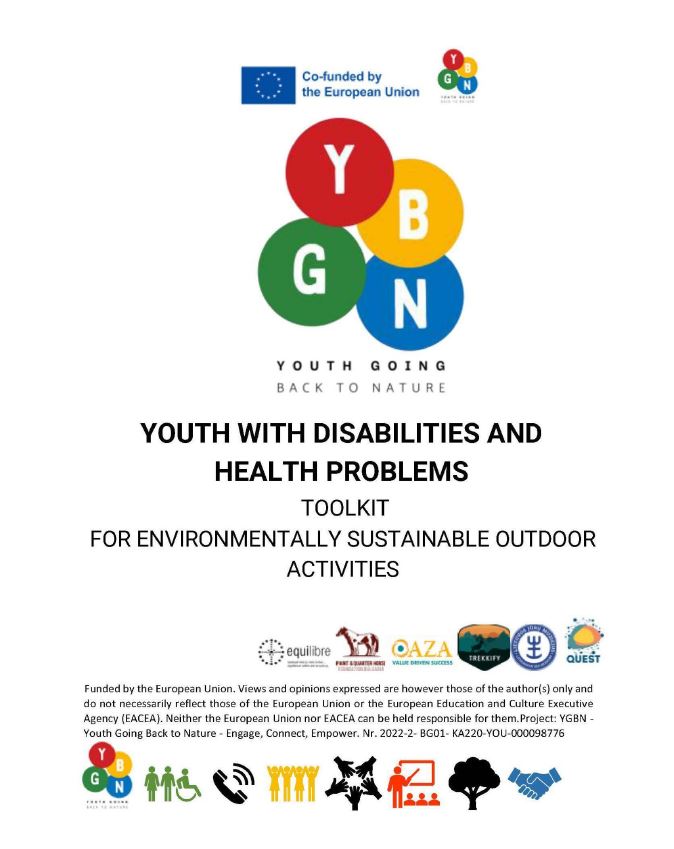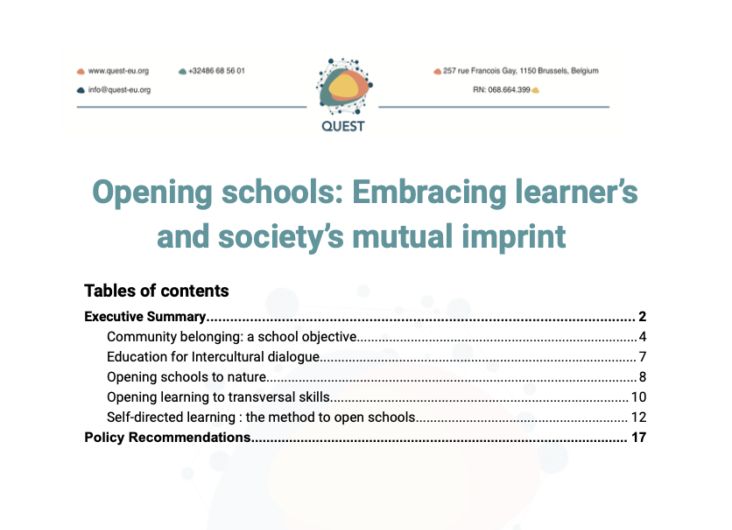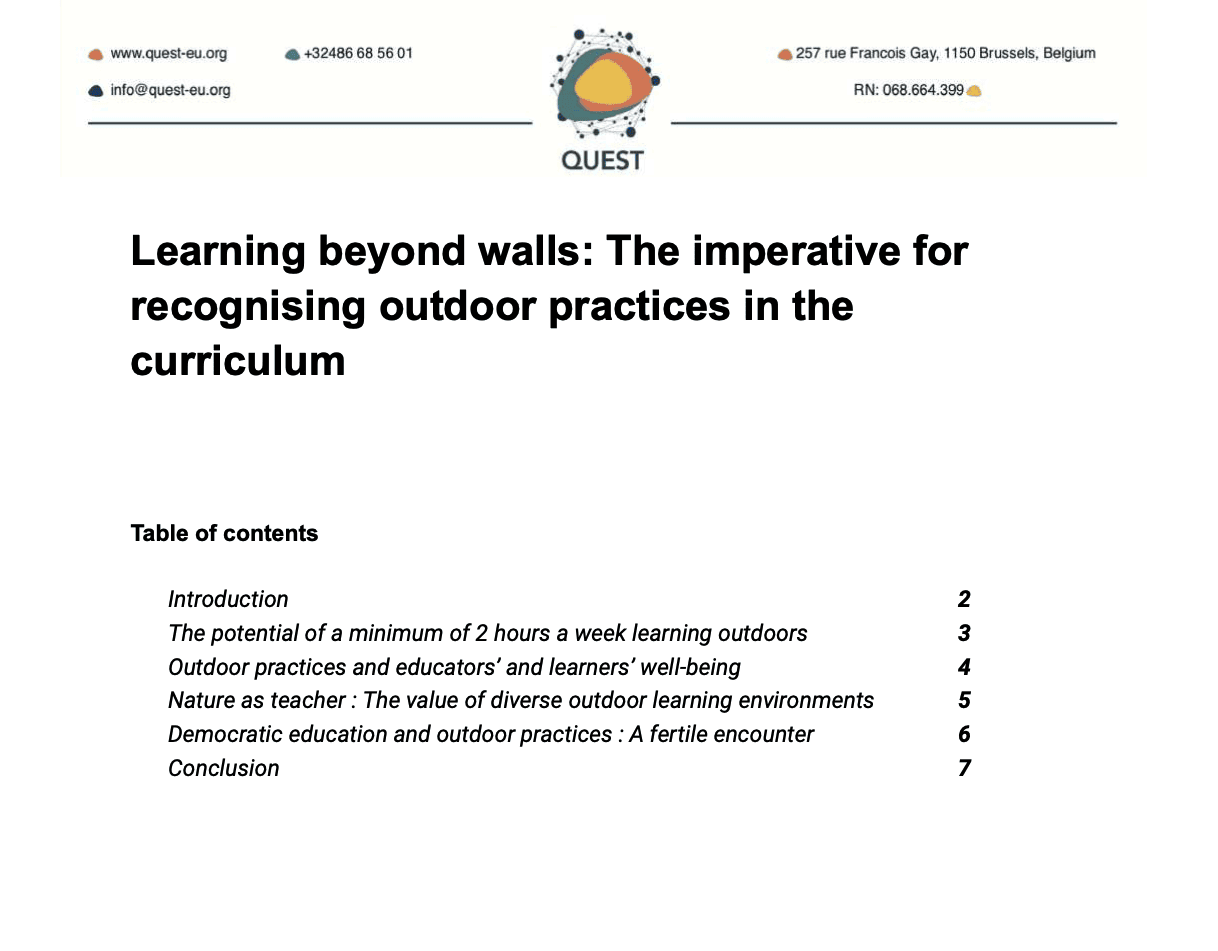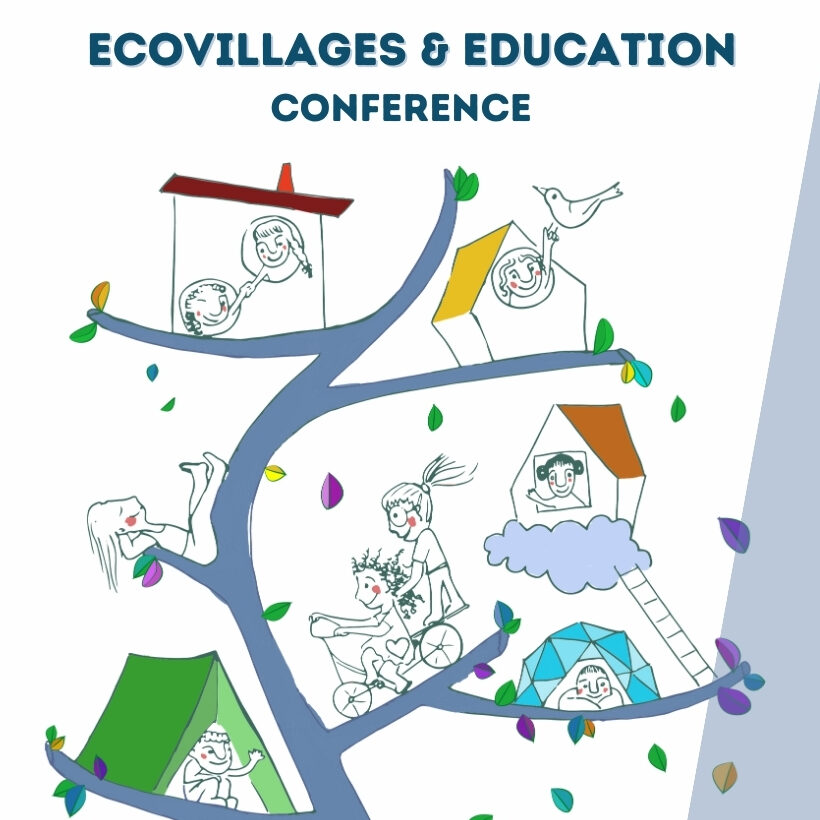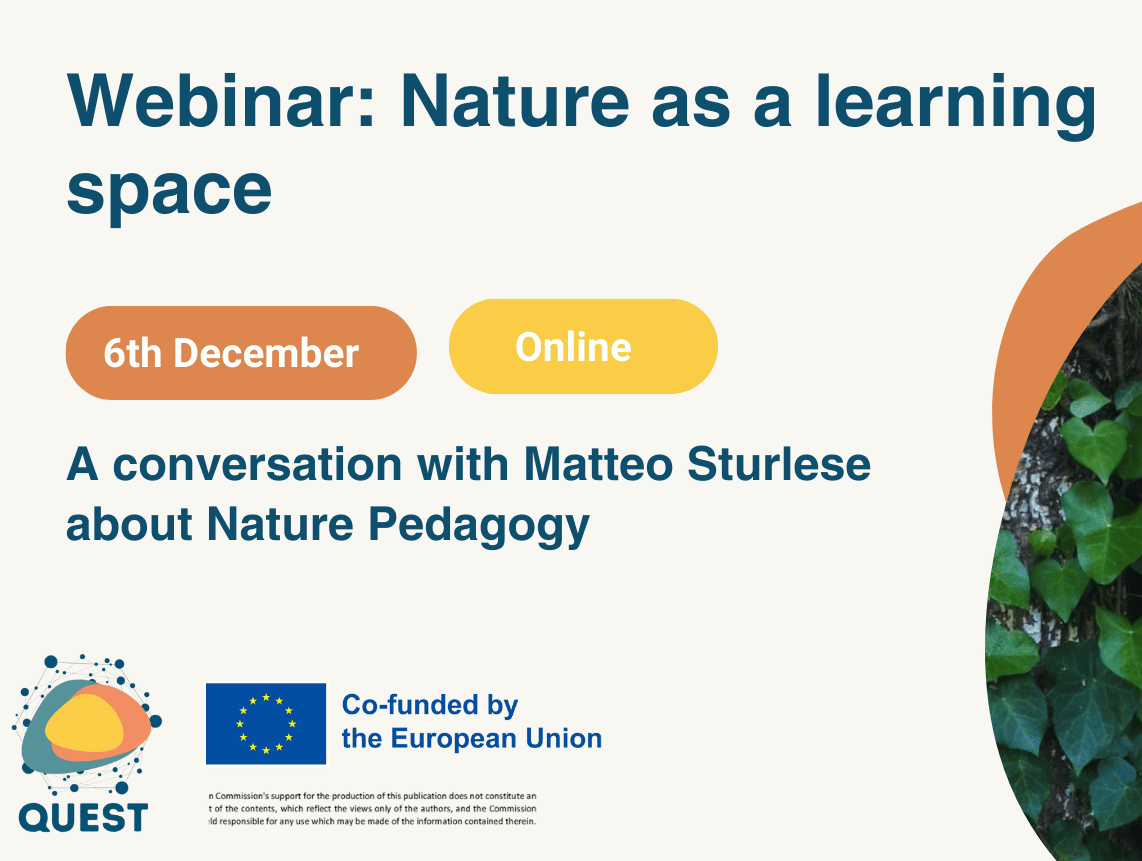areas of work
SUSTAINABLE EDUCATION
An Education with, about, and for the Environment
It is crucial today to advocate for educational approaches that not only take place within dynamic learning environments but also actively engage with them ; aiming to cultivate healthy relationships between learners and their surroundings. Such pedagogies should prioritise the acquisition of knowledge alongside ethical and strategic skills to address ecological issues and navigate the emotions that accompany them. They should also support the participation of citizens across all age groups in responsible and solidary interactions with the environment and resources, ultimately fostering personal and community well-being. In essence, these pedagogies should be accessible and tailored to meet the complexity of the world and the evolving needs of present and future generations.
Open & Outdoor education
Learning within diverse settings, especially in outdoor environments, can foster learner’s emotional, mental and physical well-being in the long-term. It helps build an environmental identity and a sense of belonging to the living environment, which encompasses not only wilderness but a diversity of landscapes and human communities that inhabit them. Indeed, through nature observation and connection, young people can deepen their understanding of the world and themselves, while playfulness within outdoor settings can promote creativity, emotional growth and social skills. Today, however, learning in the EU remains mainly enclosed in classrooms. In fact, while a minimum of two hours has been shown to increase learners’ health and well-being, 65% of primary teachers worldwide report that children in their schools receive less than one hour of outdoor playtime a day, with 12% actually indicating that children get less than 30 minutes.
21st Century Skills & caring for the environment
With carbon emission reductions currently falling short from the 1.5°C objective set within the framework of the Paris Agreement, renewed collective actions are needed to answer the climate-biodiversity-pollution crisis. Education, in this respect, has a crucial role to play. However, in the EU, education systems remain mainly reliant on passive learning, denying learners’ opportunities to learn and act for the needed transition. Indeed, in 2019, 41% of 15-30 year-olds considered that the schooling system did not provide them with the adequate tools to understand and tackle climate change and other ecological challenges.
Solely learning about sustainability is not enough. Young people need to participate in researching, elaborating and implementing innovative solutions. This way, they can adopt the skills needed to take a critical look at and engage in solving this triple environmental crisis, while at the same time becoming more adaptable to the changing needs of the current labour market.
QUEST’s work rests on a vision of an EU education landscape fostering young people’s environmental awareness and engagement through progressive outdoor learning and 21st century skills development. This requires more funding and curriculum flexibility to allow teachers to follow training in order to meet the needs of environmental education in their classes. It also calls for structural, legal and cultural adjustments essential for moving the classrooms outdoors, connecting learners with nature, and supporting open schooling approaches.
FURTHER RESOURCES

